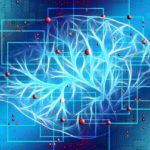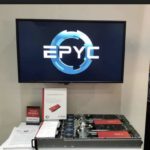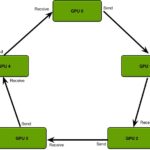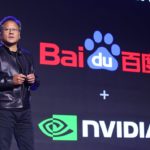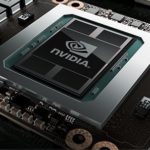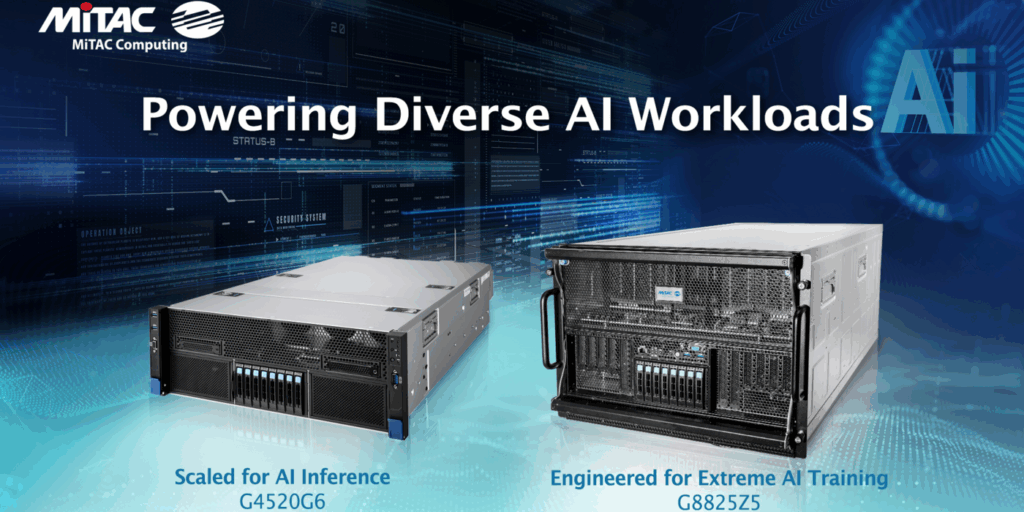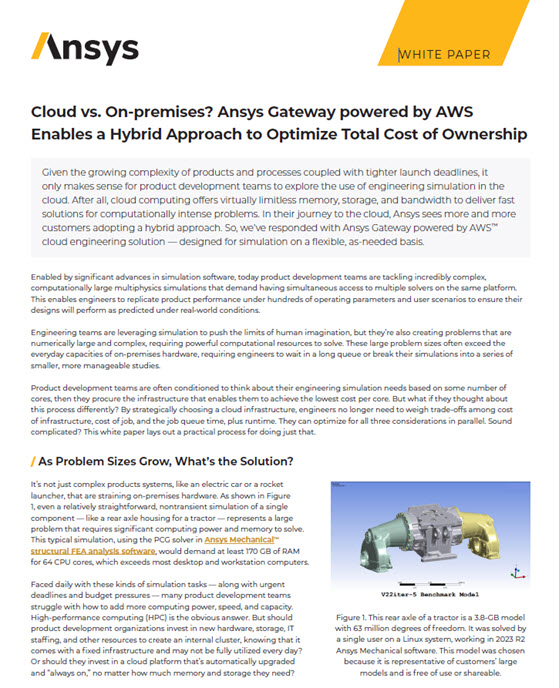Fujitsu and Japan’s Riken research institution will team to deliver Japan-made quantum computing starting next April, according to an article on the Nikkei Asia news site. The story states that Fujitsu’s quantum system is expected to have 64 qubits, more than the 53 qubits in Google’s 2019 machine and second to IBM’s 127 qubits developed in 2021, Nikkei reported, adding that “Fujitsu says it hopes to produce a machine that has more than 1,000 qubits after April 2026.”
Baidu Announces Baidu Brain 7.0 and Production of 2nd Gen Kunlun AI Chip
BEIJING, Aug. 18, 2021 — Baidu today showcased its artificial intelligence technology with the launch of Baidu Brain 7.0, the start of mass production of its 2nd generation Kunlun AI chip, Kunlun II, and the demonstration of industrial applications using Baidu AI Cloud. Shared at Baidu World 2021, Baidu’s annual technology conference, the announcements represent the […]
Samsung, IBM, Tencent Lead AI Patent Race, Europe Lags
Three companies – Samsung, IBM and Tencent – dominate the global AI patent race over the past 10 years, while fierce competition between the U.S, and China overshadows other countries and regions, including the EU. These are the key findings of OxFirst, a specialist in IP law and economics (and spin out of Oxford University), […]
Baidu to Speed Services with Intel Optane DC Persistent Memory
Today Intel announced Baidu is architecting the in-memory database of its Feed Stream services to harness the high-capacity and high-performance capabilities of Intel Optane DC persistent memory. Paired with 2nd Gen Intel Xeon Scalable processors, building a new memory platform based on Intel Optane DC persistent memory allows Baidu to lower its total cost of ownership (TCO) while delivering more personalized search results to users. Intel and Baidu disclosed details of this deployment and other joint collaborations on Thursday at the 2019 Baidu ABC Summit in Beijing.
Why Hardware Acceleration Is The Next Battleground In Processor Design
In this special guest feature, Theodore Omtzigt from Stillwater Supercomputing writes that as workloads specialize due to scale, hardware accelerated solutions will continue to be cheaper than approaches that utilize general purpose components. “If you’re a CIO who manages integrations of third-party hardware and software, be aware of new hardware acceleration technologies that can reduce the cost of service delivery by orders of magnitude.”
Job of the Week: Computer Systems Researcher at Baidu USA
Baidu USA in Silicon Valley is seeking a Computer Systems Researcher in our Job of the Week. “Baidu’s research mission is to develop hard AI technologies that will reach and impact hundreds of millions of users. Our Silicon Valley Artificial Intelligence Lab (SVAIL) develops state-of-the-art AI technologies that require bleeding-edge systems to improve accuracy, scale, and performance. Our systems researchers address the many and new systems challenges that arise as we extend the AI state-of-the-art.”
Baidu Deploys AMD EPYC Single Socket Platforms for ‘ABC’ Datacenters
“Baidu’s mission is to make a complex world simpler through technology, and we are constantly looking to discover and apply the latest cutting-edge technologies, innovations, and solutions to business. AMD EPYC processors provide Baidu with a new level of energy efficient and powerful computing capability.”
Video: Baidu Releases Fast Allreduce Library for Deep Learning
In this video, from Andrew Gibiansky from Baidu describes baidu-allreduce, a newly released C library that enables faster training of neural network models across many GPUs. The library demonstrates the allreduce algorithm, which you can embed into any MPI-enabled application. “”Neural networks have grown in scale over the past several years, and training can require a massive amount of data and computational resources. To provide the required amount of compute power, we scale models to dozens of GPUs using a technique common in high-performance computing but underused in deep learning.”
NVIDIA and Baidu Partner Up to Accelerate AI
Today NVIDIA and Baidu today announced a broad partnership to bring the world’s leading artificial intelligence technology to cloud computing, self-driving vehicles and AI home assistants. “We believe AI is the most powerful technology force of our time, with the potential to revolutionize every industry. Our collaboration aligns our exceptional technical resources to create AI computing platforms for all developers – from academic research, startups creating breakthrough AI applications, and autonomous vehicles.”
Baidu Deep Learning Service adds Latest NVIDIA Pascal GPUs
“Baidu and NVIDIA are long-time partners in advancing the state of the art in AI,” said Ian Buck, general manager of Accelerated Computing at NVIDIA. “Baidu understands that enterprises need GPU computing to process the massive volumes of data needed for deep learning. Through Baidu Cloud, companies can quickly convert data into insights that lead to breakthrough products and services.”


